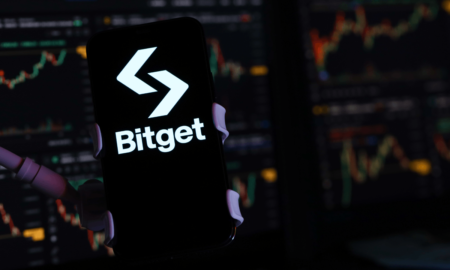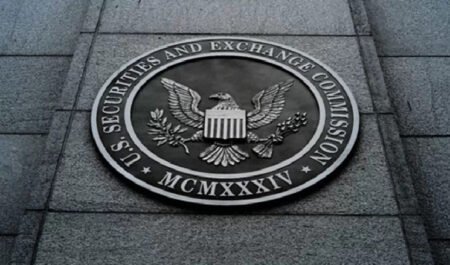Ripple Labs, a prominent blockchain payments company, has been in the spotlight recently due to the regulatory hurdles it faces in the United States. Cassie Craddock, the managing director for the U.K. and Europe, highlighted the challenges that Ripple is currently grappling with in the U.S. market. One of the most significant issues facing the company is its ongoing battle with the Securities and Exchange Commission (SEC) over its operations.
In contrast to the obstacles Ripple is facing in the U.S., the company sees regulatory advancements in Europe as a positive development. According to Craddock, Europe’s regulatory landscape is more conducive to innovation and progress in the blockchain industry. This divergence in regulatory approaches between the U.S. and Europe underscores the complexities and uncertainties that blockchain companies like Ripple must navigate in order to operate successfully on a global scale.
Despite the challenges posed by U.S. regulations, Ripple remains committed to its mission of revolutionizing cross-border payments through blockchain technology. The company’s vision of creating a more efficient and cost-effective payment ecosystem has resonated with many financial institutions and businesses around the world. Ripple’s innovative solutions have the potential to significantly impact the way payments are made and processed on a global scale.
In response to the regulatory hurdles it faces in the U.S., Ripple has been expanding its presence and operations in other regions, including Europe. The company’s strategic approach to diversifying its market reach reflects its resilience and determination to overcome regulatory obstacles. By focusing on regulatory advancements in Europe and other regions, Ripple aims to position itself as a global leader in the blockchain payments industry.
As Ripple continues to navigate the complex regulatory landscape in the U.S. and other markets, the company remains optimistic about its long-term prospects. Despite the challenges it faces, Ripple’s commitment to innovation and progress in the blockchain industry sets it apart from its competitors. With a strong foundation and a forward-thinking vision, Ripple is well-positioned to overcome regulatory hurdles and establish itself as a leading player in the global payments ecosystem.
In conclusion, Ripple Labs’ ongoing regulatory challenges in the U.S. highlight the complexities and uncertainties that blockchain companies face in the digital economy. While the company remains optimistic about its prospects in other markets, such as Europe, the regulatory landscape presents significant hurdles that must be addressed. By continuing to innovate and adapt to changing regulatory environments, Ripple is poised to solidify its position as a key player in the blockchain payments industry.



















